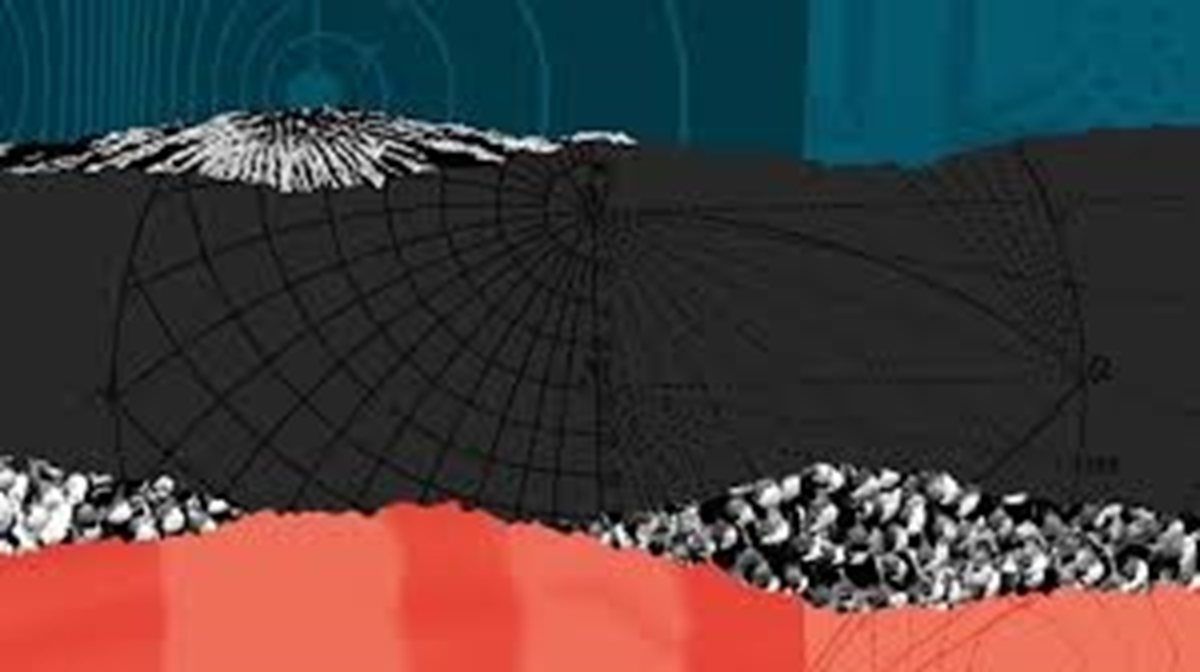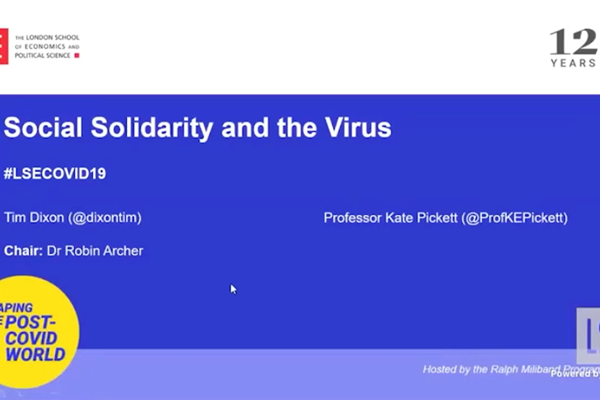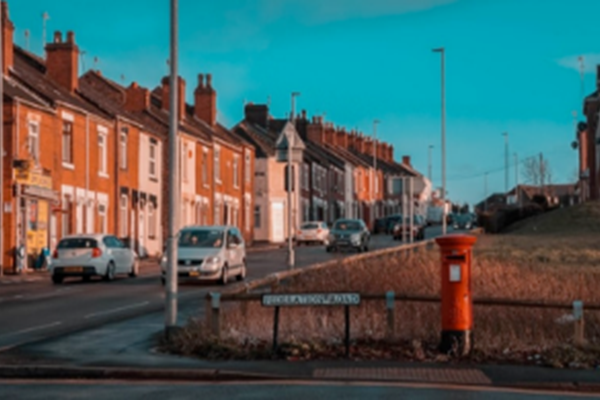One in two people in Britain say that the country is more divided than at any point in their lifetime. Like other societies, strong forces are driving us apart – from the ‘filter bubbles’ of social media that isolate us from people with different beliefs, to the powerful forces of economic, cultural and generational change.

Forces that hold us together
But alongside those ‘centrifugal’ forces driving us apart, we should not neglect the ‘centripetal’ forces holding us together. Recent research from More in Common – the ‘state of the nation’ Britain’s Choice project, and the seven-country New Normal study tracking the impact of Covid-19 on society – shows that the United Kingdom ranks ahead of other western countries on many issues. Compared to other countries, people in the UK feel more cared for and supported by others, they feel society as a whole has become more caring, and they are more likely to volunteer to help others.
The new insights from Engine MHP’s research, undertaken in partnership with More in Common, show a continuation of many trends we have tracked over the past year. Despite exhaustion with lockdowns and the toll of the pandemic, community sentiment is still strengthening.
63% say that they feel part of a community of people who ‘understand, care for, and help each other’ – up from 49% before the pandemic, and 57% in the summer. And while the past year has been extraordinarily difficult for many people, the percentage who see the country as divided has fallen from 67% in early 2020 to 55% in early 2021.
How do we make sense of these apparent contradictions?
The Britain’s Choice project provides some answers. This in-depth project brings together the lens of social psychology and a large national sample of 10,000 people to better understand the fault lines in our society. A key conclusion is that there is no inevitability that Britain follows the trajectory of the United States towards more profound polarisation. We have been going down a path towards deeper social fractures, but we have a choice to turn back.
And we have a surprising amount of common ground on which to build – more so than other countries.
We found that Britons do not divide into two camps, but rather seven groups. ‘The British Seven’ is a typology in understanding how Britons divide, based on their core beliefs and psychological traits, not demographics and political identity. By using this framework, we see that Britons cluster together in different formations depending on the issue. Our divisions look less like two opposing sides, and more like a kaleidoscope. Just as the glass fragments change their formations as the kaleidoscope rotates, so too the seven groups line up differently from one issue to the next. For example, Loyal Nationals generally align with Backbone Conservatives and Disengaged Traditionalists on identity, immigration, and social values, but when it comes to tackling Britain’s inequality they cluster with Progressive Activists, Civic Pragmatists and Disengaged Battlers.
People in Britain are experiencing growing forces of division, but they are not polarised like Americans.
In More in Common’s Hidden Tribes studies of polarisation in the United States, we have consistently found two ideological wings intensely opposed to one another, with an ‘exhausted majority’ in the middle. The Perception Gap and American Fabric studies highlight the extent to which each side sees the other in the most negative terms. In contrast, fewer people in Britain attribute bad motives to those with whom they disagree. Engine MHP’s new research finds that almost a third of people in Britain actually recognise others who strongly disagree with them as being ‘honest’ in their views.
The value of the new findings in this report is that they underscore the fact that there are both unifying and dividing forces now at play.
The years of divisions over Brexit leave society more fractured, and throw a spotlight on many of our fault lines. But Covid-19 has also highlighted that despite many things going wrong in the UK’s pandemic response, there are strong forces that bind our society together. Almost a year into the pandemic, 68% of us now feel that we can make things better in our local communities when we choose to – compared to just 47% before Covid-19. Surprisingly, the largest positive shift has taken place among the Disengaged Battlers, a group that is younger, on a lower income and from more racially diverse backgrounds – and which has been finding the pandemic especially tough.
The path to an ‘us-versus-them’ society, or to a ‘bigger ‘us’ society is the choice that lies ahead as we navigate the difficult terrain of economic recovery, ‘levelling up’ and the future of the Union. Alongside the political debates, we all need to be reminded that we have the capacity to make a difference, and to build upon our nation’s common ground.
This blog post was first published for Engine MHP, to accompany the launch of a study co-authored by Tim Dixon: A Networked Age Guide to Communicating in a Polarised World


